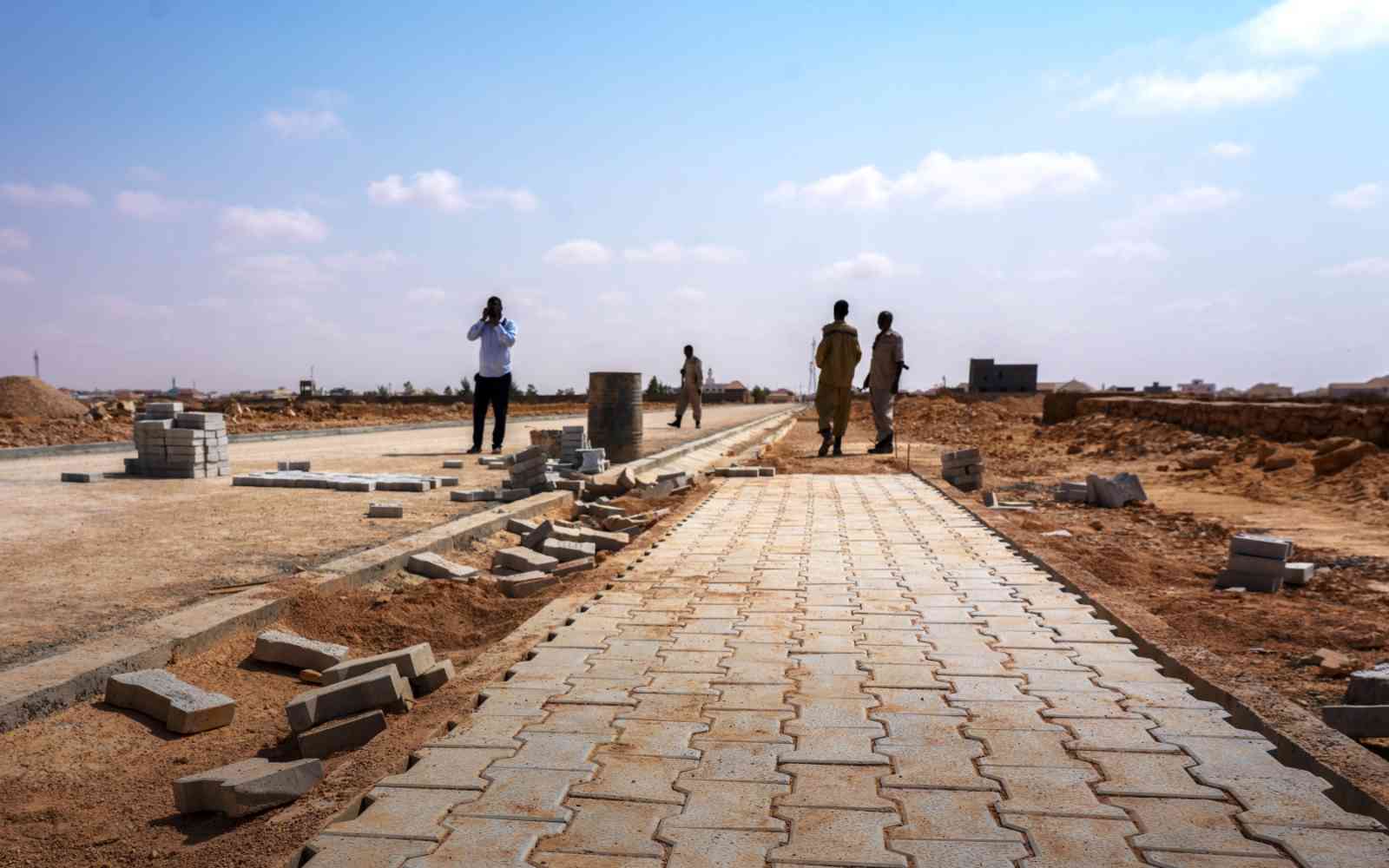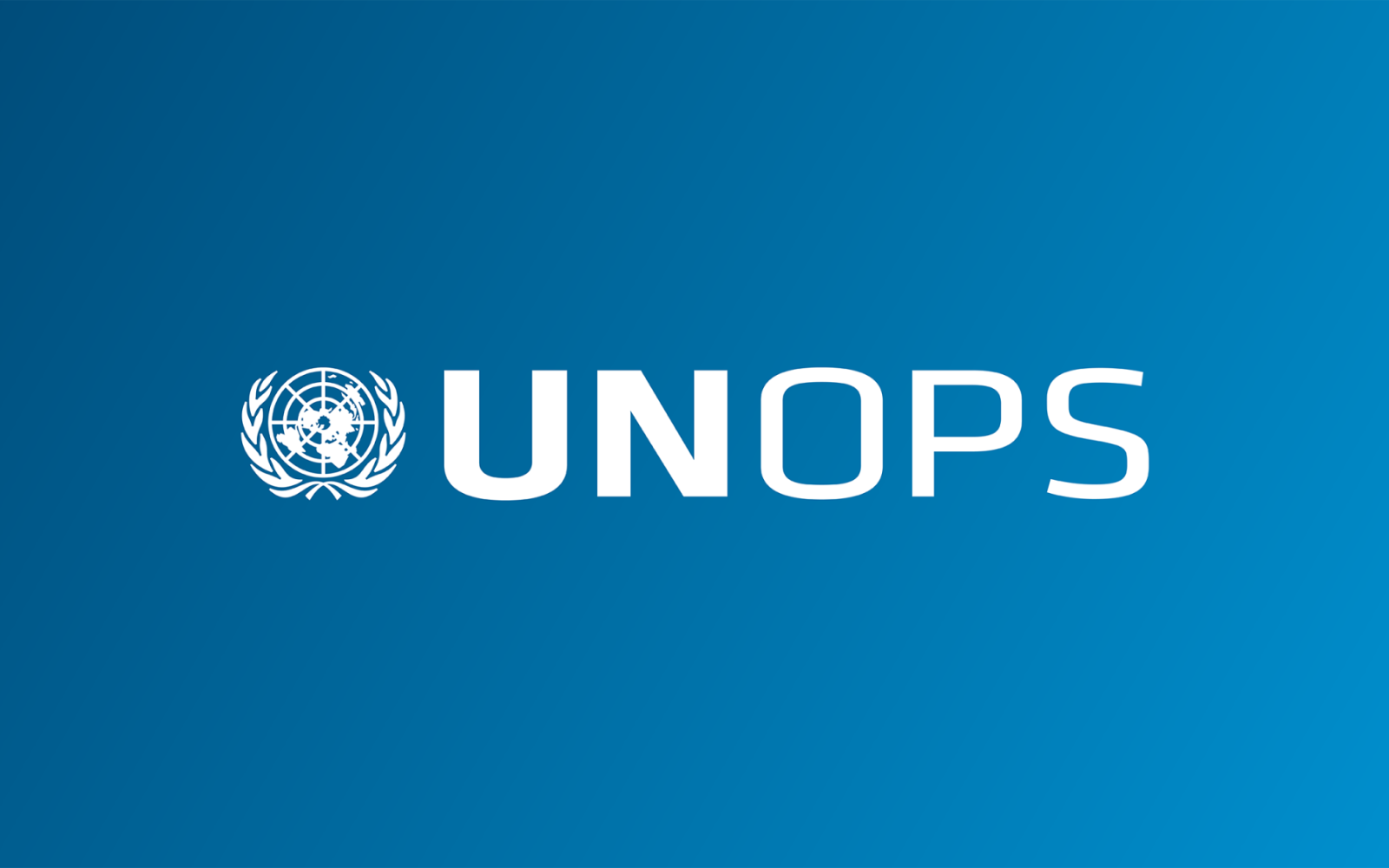The United Nations Office for Project Services (UNOPS)
Improving access to immigration services in Somalia
UNOPS and the government of Somalia inaugurated a new state-of-the-art headquarters facility for Somalia's Immigration and Naturalization Directorate (IND).

With $6.8 million in funding from the governments of Denmark, Finland, Norway and the United Kingdom, UNOPS constructed the new IND headquarters as well as procured office and security equipment.
The IND of Somalia is a critical government institution, but until now had lacked an official permanent building from which to lead and manage immigration processes. Following its formal handover to the Somali authorities in November 2022, the building now hosts the IND’s 260 Mogadishu-based staff who serve thousands of people daily.
"This state-of-the-art building is of great importance for the wide range of services provided by IND at home and abroad and will satisfy the need for a headquarters for a long time,” said Cabdulqaadir Clmi Cali, Director General of the IND, during the inauguration ceremony attended by senior Somali officials and representatives from the project’s donors.
“I would like to thank UNOPS for implementing this building, and I also thank the countries that provided financial support for the construction of IND's headquarters, namely Denmark, Norway, UK and Finland,” he continued.
“UNOPS is honoured to have been trusted by the donors and the government to construct and equip this important building," said Sayed Mohammed Farooqui, Acting Director of UNOPS in Somalia.
“We are grateful to the IND Director General Cali as well as the Senior Advisor, Mahad Abdi for their unwavering support and guidance throughout the implementation period,” he added.
The inclusive, sustainable new headquarters will support the government of Somalia with providing quality services.
The building integrates gender equality, cultural and social inclusion aspects to accommodate the needs of all people – including women and young children.
Separate rooms, service areas, toilets, waiting areas, and worship spaces for men and women were built. The building is also wheelchair accessible
The design incorporates Somali architectural elements as well as uses green and sustainable technology, including solar panels, and water and energy-efficient fixtures. The landscaping around the building was designed to lessen the impact of heat and to reduce reliance on fuel-generated cooling technologies.
UNOPS used a local contractor to carry out the construction of the building, supporting local job creation. To the extent possible, locally available construction material was used.









